Hillary Clinton normally speaks in carefully crafted bromides, so when I read in the New York Post about her risqué suggestion during a televised interview with CNN that “maybe there needs to be a formal deprogramming of the cult members” supporting Donald Trump, I took notice.
Had the grimly platitudinous former secretary of state suddenly developed a sense of humor? Was she workshopping new material with a comedy coach?
NAFTA really did win the White House for Trump, district by district, state by state
When I watched her interview with CNN’s Christiane Amanpour, however, I detected no irony whatsoever in Clinton’s face. Indeed, she was so straightforwardly monotone that I thought perhaps Trump’s one-time presidential opponent had herself been captured by a cult.
Mrs. Clinton is hardly alone among liberals in her professed despair about a possible second Trump term. Grave warnings of the former president’s existential threat to democracy have become so commonplace in today’s Democratic Party that any attempt to poke fun at Trump — simply to ridicule him — would likely be viewed as appeasement of a dangerous fascist.
The Clintons, Hillary and Bill, are nothing if not calculated and media trained — programmed, shall we say. I fear that Hillary’s deprogramming jibe may set the tone for the rest of the presidential campaign, or worse, might be something she actually believes.
Not that any of this is a laughing matter. The divide between educated, cosmopolitan, bicoastal America and the lumpen hoi polloi of the non-college-educated working class, especially those whites who support Trump, has never seemed wider. So much so that mainstream liberals have been joined by traditional conservatives — most prominently on the Wall Street Journal editorial page — in their expressions of disdain over the frontrunner for the Republican presidential nomination.
To be fair, the Journal displays a mildly piquant sense of humor about Trump, at least compared with the New York Times and Washington Post. The paper’s September 27 editorial, “A Reminder from Donald Trump,” was pretty funny because it both paraphrased and quoted verbatim Trump’s feed on his media site Truth Social.
“Donald Trump suggested the other day that General Mark Milley, the national’s highest military officer, deserves execution — as in death,” it read. In fact, Trump had called Milley a “woke train wreck” whose relationship with China was “so egregious that, in times gone by, the punishment would have been DEATH!” According to the Journal, Republican voters “giddy” about President Biden’s decline in the polls and oblivious to Trump’s “lunacy” may well reap what they sow with a Biden re-election.
Thus are Trump supporters relegated by sophisticates of opposing ideologies to the loony bin or, in the case of the New York Times’s Paul Krugman, the “clown car.” This does not augur well for civic harmony and the future of the American republic, so we should ask in all seriousness: are Trump supporters really crazy? Or have they been made desperate, even to the point of madness, by disingenuous liberals and conservatives who are themselves drunk on the Kool-Aid of their own arrogance, self-importance and hubris?
To understand the current mindset of the American politico-media-academic elite, I often turn to Krugman, since no other pundit, no card-carrying member of the American intelligentsia, better personifies the narcissistic condescension toward the hoi polloi that is stoking the fires of Trumpism. Krugman is as close as there is to an old-fashioned star newspaper columnist and his Nobel Prize in economics gives him crossover power that no one in the press can match.
Who among anti-Trumpers wouldn’t want him at a conference table of professors at Harvard, Princeton, Yale or Stanford? Who wouldn’t have been thrilled to hear him “interview” former House Speaker Nancy Pelosi (then the most powerful elected Democrat) at the 92nd Street Y in New York in 2018 during the darkest days of Trumpism?
The mutual admiration that night was remarkable even by Manhattan celebrity standards, and Pelosi positively gushed about her interlocutor: Dr. Krugman was “a person who on a regular basis, several days a week, gives us hope” based on “evidence. I should be the nervous one but I’m so in awe of him that I’m just going to have a good time tonight.”
One of Krugman’s recent evidence-based columns was headlined “Will Voters Send in the Clowns?” In it, he expressed bewilderment that a majority of Americans, according to polls, believed Republicans would do a better job managing the economy than the current Democratic administration. This presented “a puzzle” to Krugman. “The economic news in 2023 has been almost all good — indeed, almost surreally good.”
Inflation had declined, job creation was robust, unemployment remained low, wage increases were beating inflation, so how could this be? He wrote: “I’m not a historian, but as far as I know, America has never seen anything like the current political craziness,” for now located “entirely within the Republican Party.” Clearly, a nationwide psychosis was afoot, unprecedented in its scale.
That Krugman is not a historian should not be disputed. That he is largely uninterested in psychology is perhaps more to the point, but then his invocation of surrealism suggests that he, too, may have gone a little nutty staring at distorted art when he should have been reading documentary evidence on what has happened, readily available to any amateur historian.
One such piece of evidence is a letter addressed to President Clinton dated July 19, 1993, that he and 313 other prominent economists signed, urging the adoption of the North American Free Trade Agreement (NAFTA). “While we may not agree on the precise employment impact of NAFTA,” opined the eminences, “we do concur that the agreement will be a net positive for the United States, both in terms of employment creation and overall economic growth. Specifically, the assertions that NAFTA will spur an exodus of US jobs to Mexico are without basis.”
Looking back over the past thirty years of job outsourcing to cheap-labor Mexico, it’s hard to characterize this statement as anything other than deeply foolish, though in retrospect it may well border on the surreal. By conservative estimates, the US lost at least 700,000 manufacturing jobs because of NAFTA (Barack Obama claimed “one million” during his 2008 primary campaign against Hillary Clinton). That doesn’t even take into account the ancillary job losses in retail and other businesses in the towns and cities wrecked by factory closures.
I’m happy to debate the finer points of free trade theory and its overall effect on national economies. But I doubt that today even the most red-hot devotee of free-trade guru David Ricardo would dispute that NAFTA upended the lives of many working-class Americans.
In any event, NAFTA was mostly an investment agreement that insured American companies against expropriation and shakedowns once they decided to cash in on the huge supply of dollar-an-hour workers just the other side of the Rio Grande. It was also a fundraising bonanza for NAFTA point man Bill Clinton and his “new Democrats.” After NAFTA took effect in 1994, they were able to raise lots of campaign money from hitherto inaccessible corporate and Wall Street executives who loved the trade deal and, eventually, the more devastating Permanent Normal Trade Relations with China (PNTR), which passed in 2000.
Surely the non-historian Krugman is aware that only 80,000 or so votes spread over NAFTA-ravaged Wisconsin, Michigan, and Pennsylvania provided the margin of victory for Trump in his electoral college upset over Clinton in 2016? If he isn’t, and he’s still mystified about why Americans aren’t thrilled with Bidenomics (as a senator Biden voted for NAFTA and PNTR), he might want to peruse a 2021 paper written by four economists, available from the National Bureau of Economics Research titled Local Economic and Political Effect of Trade Deals: Evidence From NAFTA.
I heard about this paper from Joseph Stiglitz, another Nobel-winning economist, but one who didn’t sign the economists’ letter to President Clinton. Despite some difficult mathematical equations, the study makes bracing reading for an amateur economist, especially when he begins to understand that NAFTA really did win the White House for Trump, district by district, state by state.
My long-time acquaintance Robert Teeple, currently on strike against Jeep in Ohio, was a UAW local president and Democrat until his employer, the Autolite spark plug plant in Fostoria, Ohio, closed down and moved to Mexico. Neither a cultist nor a madman, but certainly knowledgeable about recent history, he voted for Trump in 2016 and says he’d do it again next year. “I wish Trump would get back in…my opinion is it’s our only hope,” he wrote to me from the picket line.
There’s no doubt that Trump is a fantasist and a serial breaker of the law. But when he says over and over that “NAFTA was the worst trade deal ever” negotiated by the United States, he’s not lying. As president he even got his trade representative, the very respectable Republican Robert Lighthizer, to renegotiate the trade deal and create something slightly better.
When Paul Krugman smugly writes that “honestly, I have no idea” why Americans don’t appreciate how good they’ve got it, I have to conclude that Krugman is also a fantasist. And, as Trump must begin to realize during his numerous appearances in court, a grift can only go so far until reality catches up.
This article was originally published on The Spectator’s UK website.










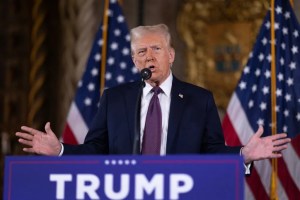

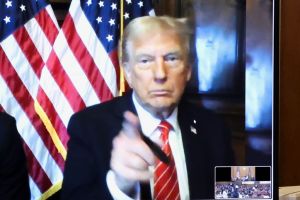
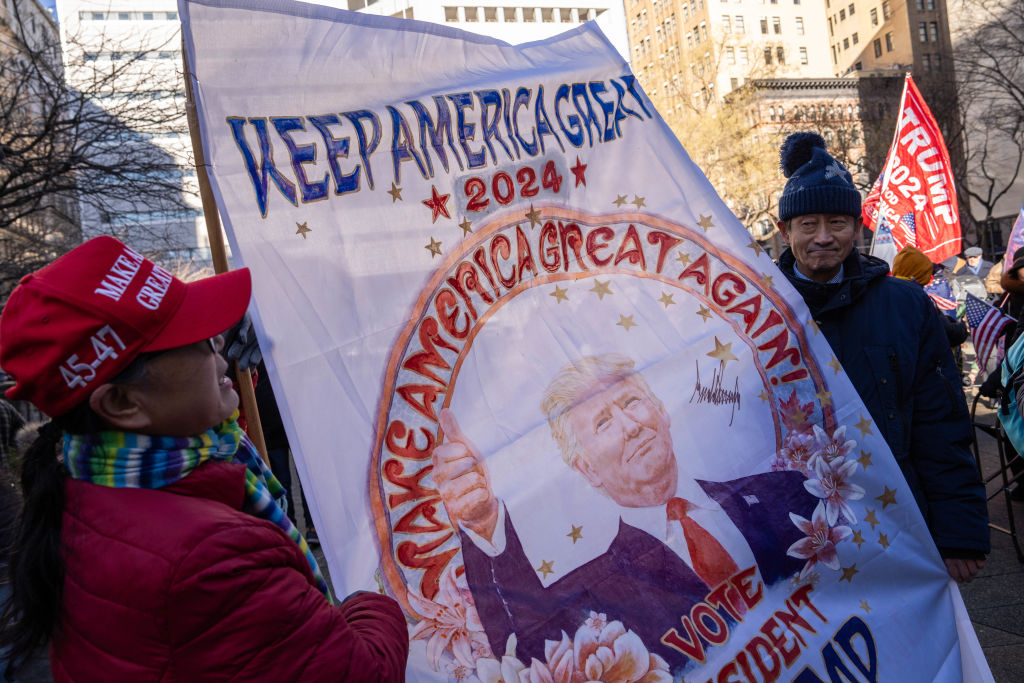
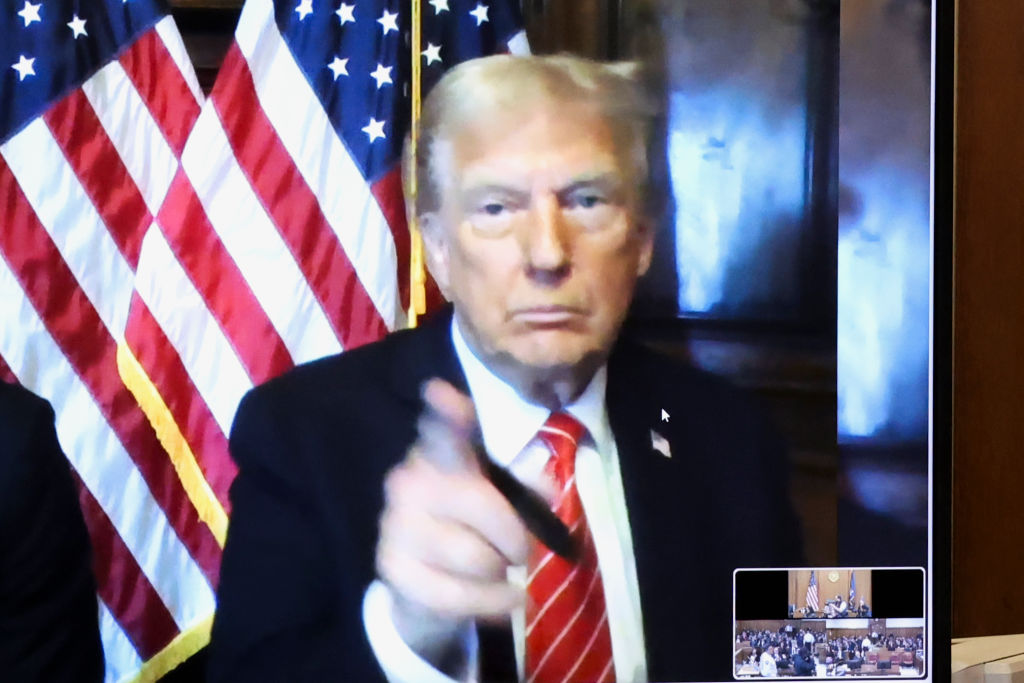

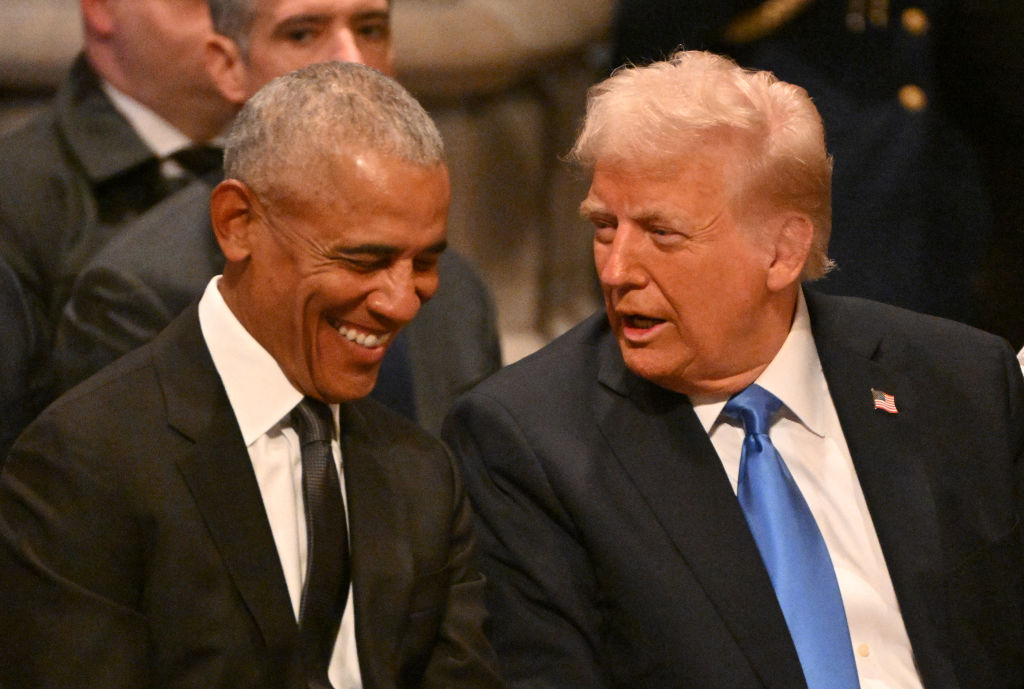
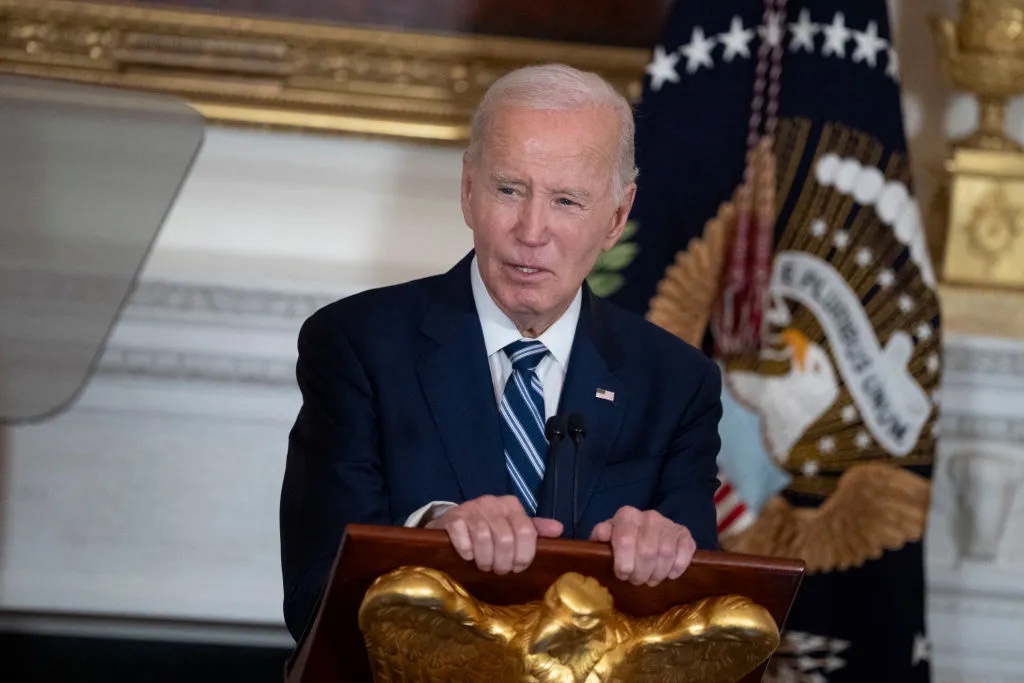
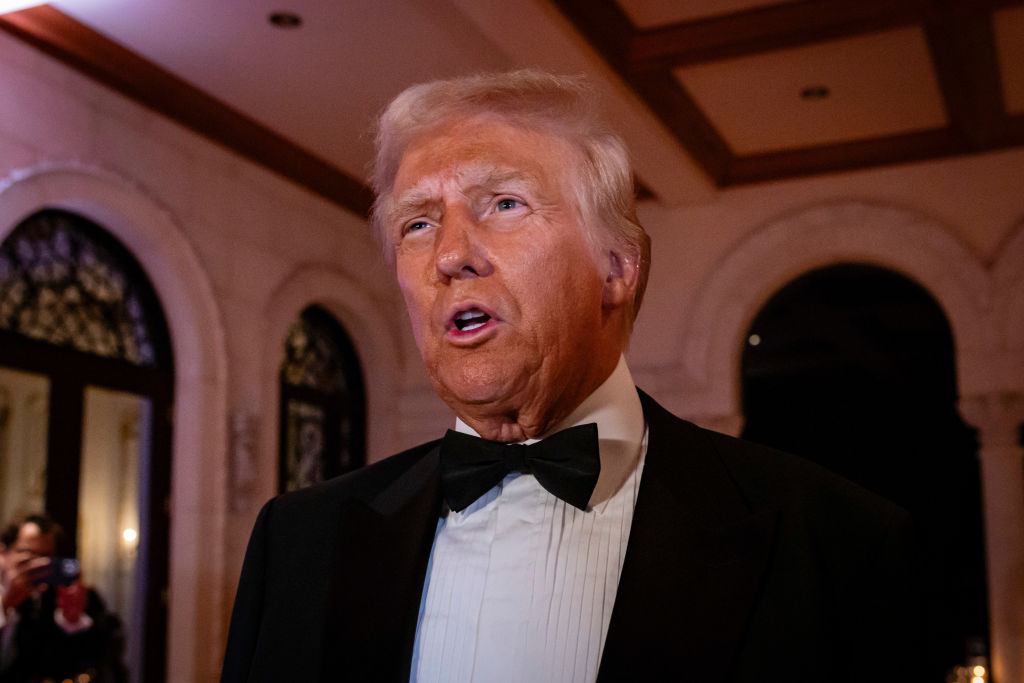







Leave a Reply